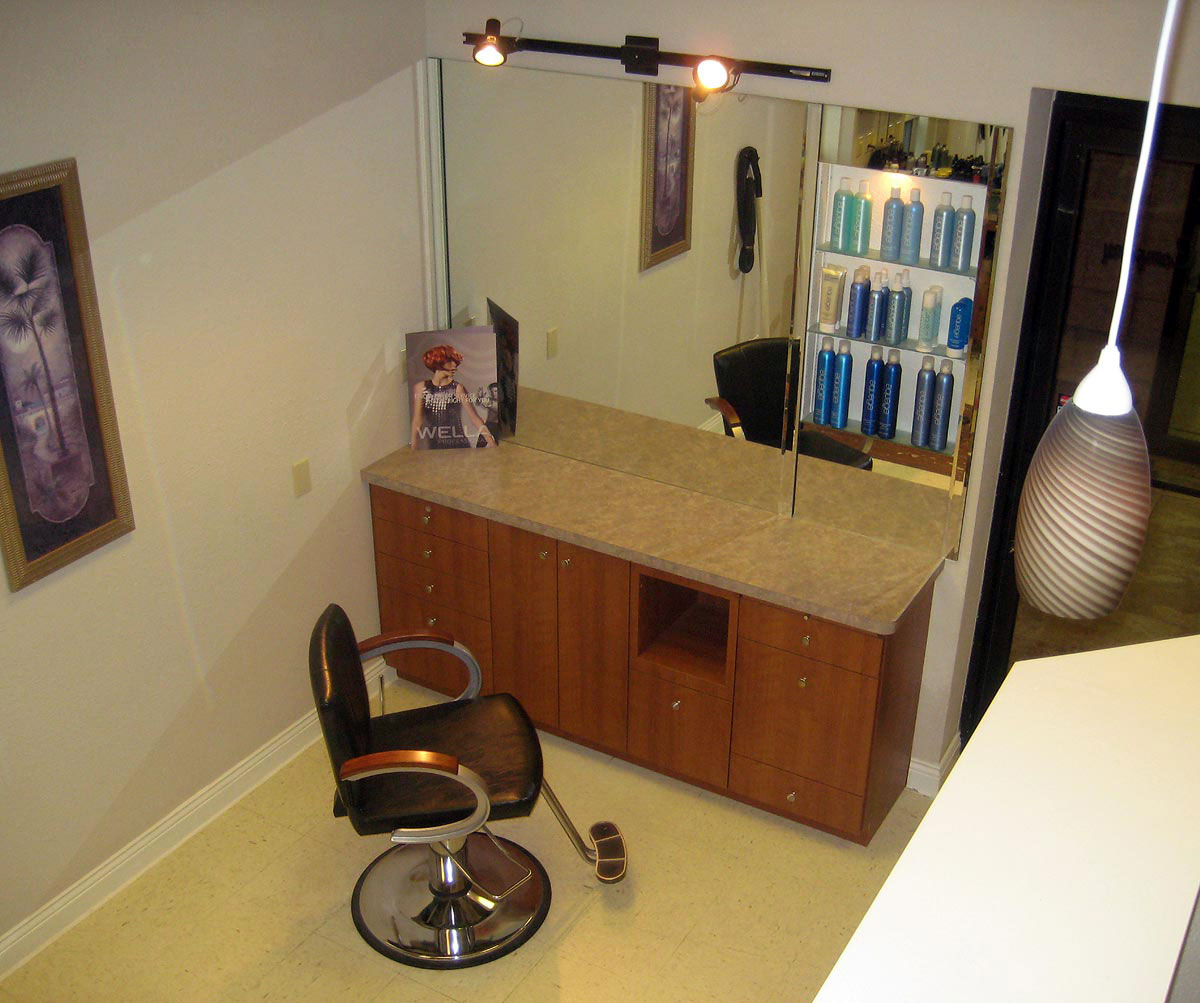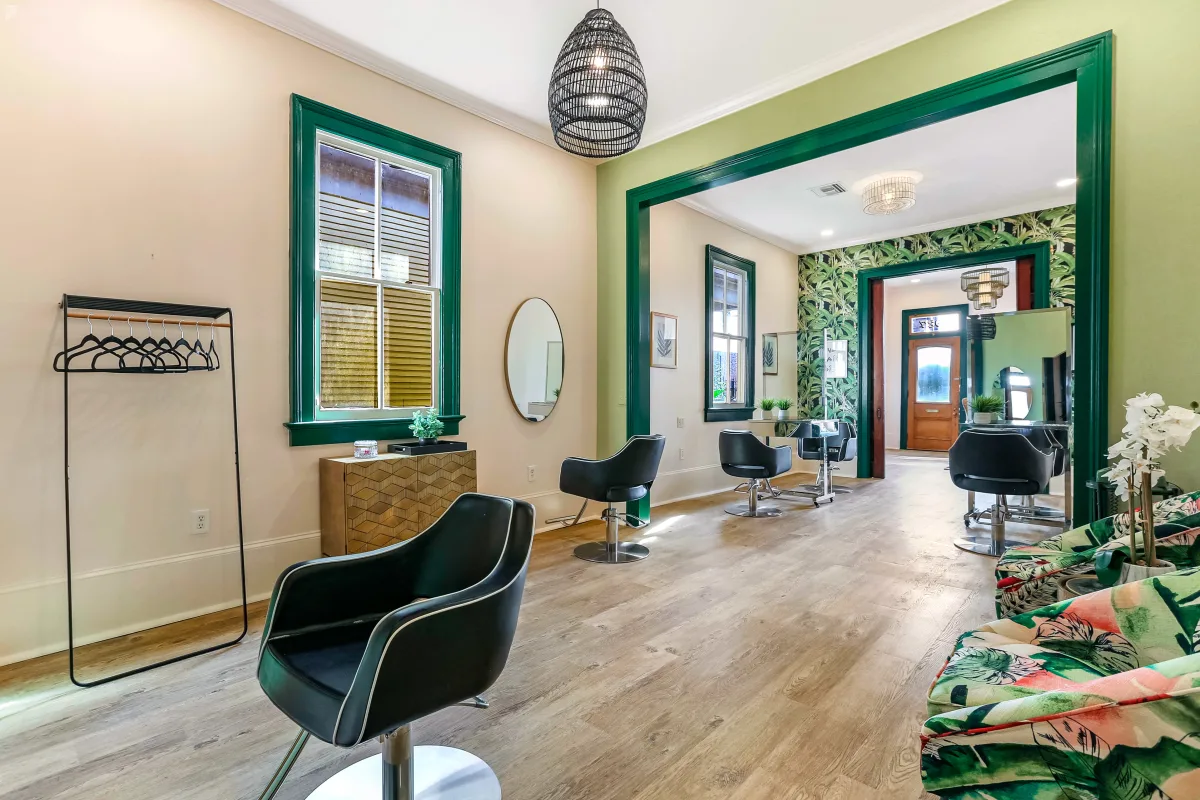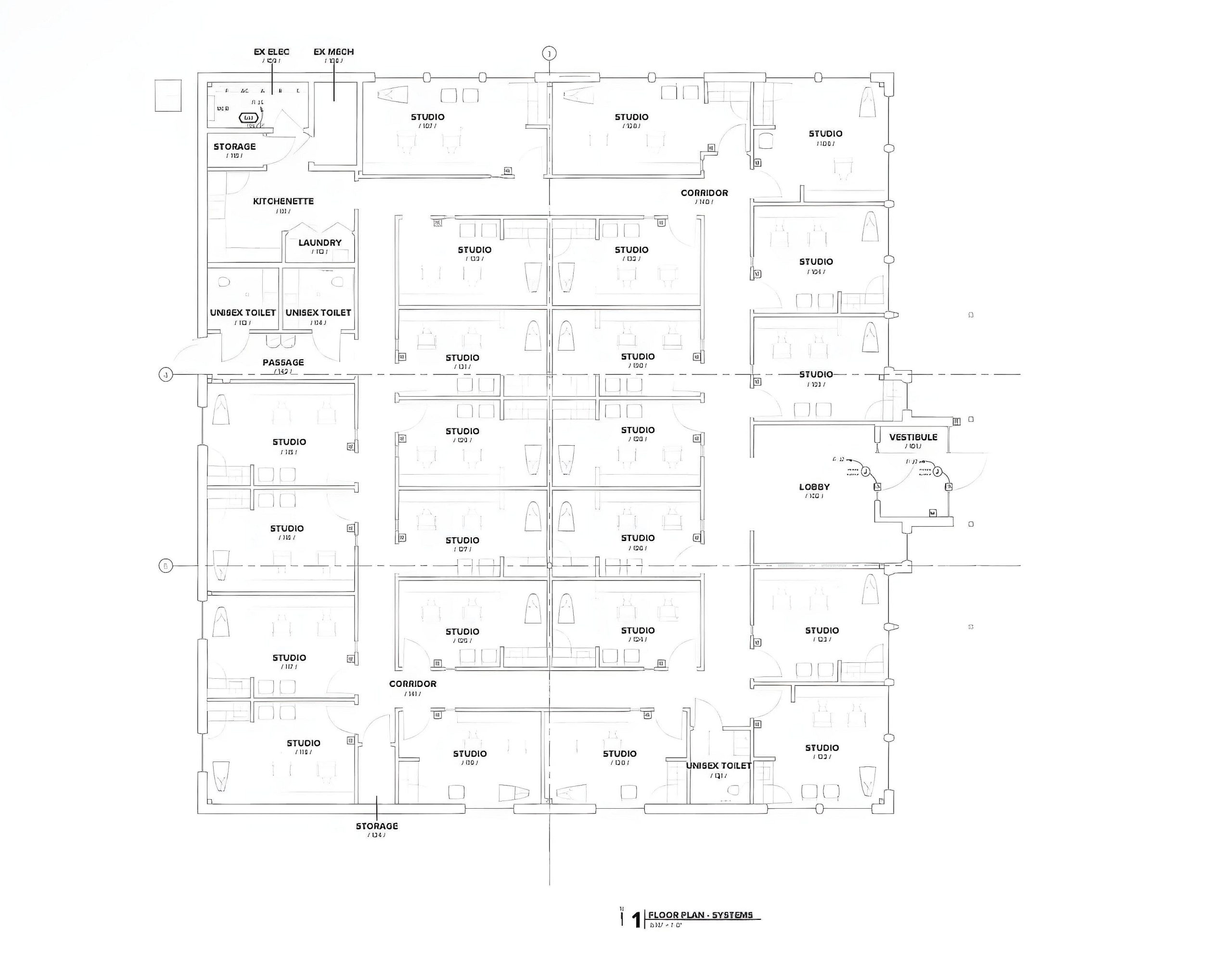Luxury Salon Suites for Your Appeal Business
Luxury Salon Suites for Your Appeal Business
Blog Article
Strategic Choices: Considering the Benefit of Renting Versus Owning a Beauty Parlor Area to Enhance Long-Term Success and Financial Stability
When it concerns establishing a salon company, among the essential choices that proprietors should very carefully consider is whether to rent or possess the area in which they run. The option in between leasing and owning a beauty parlor area can have a significant effect on the long-term success and financial health of the organization. Elements such as operational flexibility, monetary implications, and financial investment possible play a crucial role in this calculated decision-making process. By checking out the advantages and drawbacks of each option, beauty parlor proprietors can make educated choices that line up with their company objectives and goals.

Benefits And Drawbacks of Leasing
When thinking about the decision in between renting out a beauty parlor room or possessing one, it is vital to evaluate the advantages and disadvantages of renting to make an informed selection. One key advantage of renting a salon space is the adaptability it uses. Renting allows beauty parlor proprietors to examine different locations or high end their service without the dedication of a long-lasting home loan. Additionally, leasing generally entails fewer ahead of time prices, making it an extra accessible alternative for new beauty salon owners or those with spending plan constraints.

Financial Factors to Take Into Consideration

Thinking about the monetary effects of renting a hair salon space versus having one is necessary for making a knowledgeable business choice. When examining the financial elements, it is vital to examine the first prices related to each alternative. Renting out a salon room typically calls for a protection deposit and regular monthly rental fee settlements, whereas owning entails a deposit, home loan payments, real estate tax, and upkeep costs.
Additionally, the lasting monetary effects vary between renting and having. Renting gives adaptability yet may result in higher cumulative expenses over time as a result of rental boosts. On the other hand, having a beauty salon room supplies potential equity growth and the possibility to build possessions. It is very important to perform a cost-benefit analysis to figure out which alternative aligns ideal with your economic goals and service method.
Leasing might supply lower upfront costs, enabling you to designate more resources to advertising and service growth. Examining these financial variables thoroughly will help you make a strategic decision that enhances your hair salon's lasting success and economic practicality.
Operational Versatility and Control
Optimum functional performance plays an important role in determining the equilibrium between versatility and control when choosing in between renting and owning a salon area. Renting a hair salon space uses intrinsic versatility as it allows for simpler changes to altering market conditions, customer choices, or service demands.
On the other hand, having a beauty parlor room gives a greater feeling of control over the residential or commercial property and its operations. Proprietors have the flexibility to tailor the room to their preference, execute long-term methods without the danger of lease discontinuations, and possibly develop equity with time. Ownership likewise comes with duties such as residential property upkeep, insurance coverage, and residential or commercial property taxes, which can influence the overall monetary commitment.
Eventually, the decision in between leasing and having need to take into consideration the wanted degree of functional adaptability and control that aligns with the beauty salon's long-lasting objectives and vision.
Investment Prospective in Possession
Given the functional factors to consider discussed earlier, discovering the financial investment capacity in salon ownership clarifies the monetary implications and long-term benefits that come with having a salon room. Hair salon possession offers an one-of-a-kind possibility for business owners to develop equity and possessions in time. By purchasing a salon room, proprietors have the possible to profit from residential or commercial property gratitude, which can work as a beneficial asset in the future. Furthermore, having a beauty salon provides stability in regards to set mortgage repayments, offering predictability in monetary preparation contrasted to rising and fall rental prices.
Additionally, possession enables for higher control over the area, allowing proprietors to personalize and customize the hair salon to their details brand and vision without the restrictions often enforced by property managers. This degree of control can boost the overall customer experience and brand identity, potentially bring about raised client retention and company growth.
In regards to investment capacity, having a hair salon space can also open up possibilities for additional income streams, such as renting extra space to various other charm experts or integrating retail sales within the beauty parlor. Nail salon. These diversified revenue sources can contribute to the overall financial wellness and sustainability of the organization
Long-Term Security and Growth
With a concentrate on sustainability and growth over time, developing lasting stability and cultivating growth are essential elements of beauty parlor possession. To make sure long-term security, beauty parlor owners have to carefully consider aspects such as area, market patterns, and monetary preparation. Picking in between leasing and possessing a beauty parlor room plays a significant duty in figuring out business's development possibility.
Renting a hair salon space offers flexibility and lower initial expenses, permitting owners to allocate sources towards enhancing solutions and advertising and marketing efforts. Lasting rental prices can impact earnings and limit the ability to construct equity in the residential property. On the various other hand, having a beauty salon area uses stability via dealt with home loan settlements and the possibility for residential property gratitude. By owning the area, hair salon proprietors have even more control over tailoring the building to suit their brand and can take advantage of long-lasting possession growth.
Ultimately, the choice between leasing and possessing a beauty salon room must straighten with the proprietor's long-lasting business goals and economic goals. Whether focusing on flexibility or equity structure, a calculated strategy to residential or commercial property possession can significantly affect the hair salon's stability and development trajectory.
Final Thought
To conclude, the choice in between renting out and having a salon room needs a Barbershop careful evaluation of monetary factors, operational flexibility, investment potential, and lasting stability. Both choices include their very own collection of benefits and downsides, and it is important for beauty salon proprietors to consider these elements to enhance lasting success and financial stability. Salon suites. Ultimately, the option in between renting out and possessing should be based on an extensive evaluation of individual company goals and scenarios
Report this page